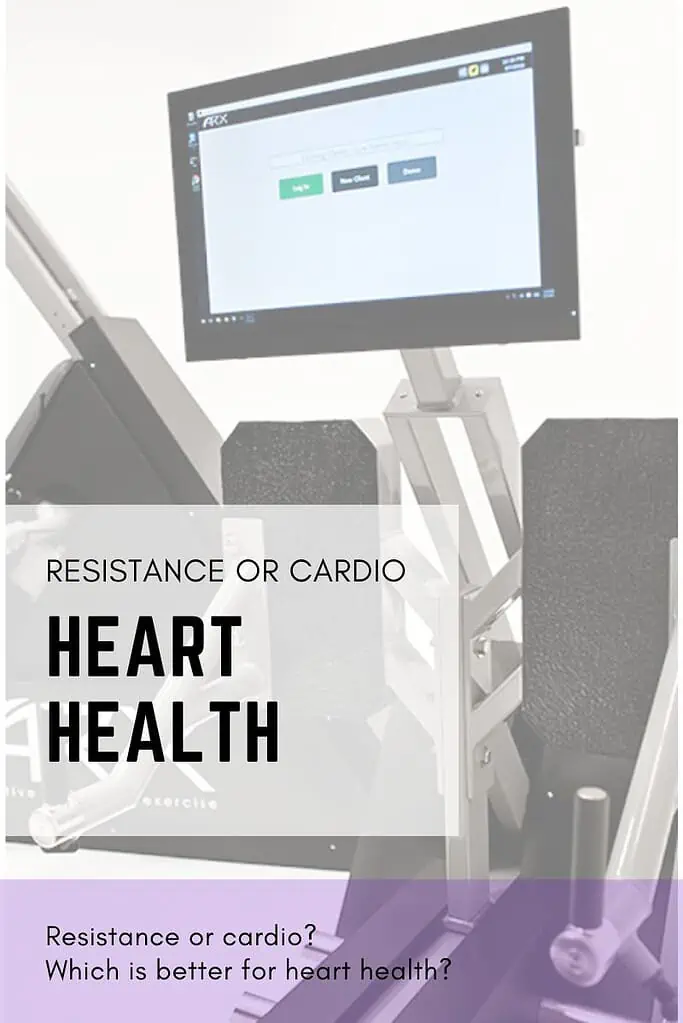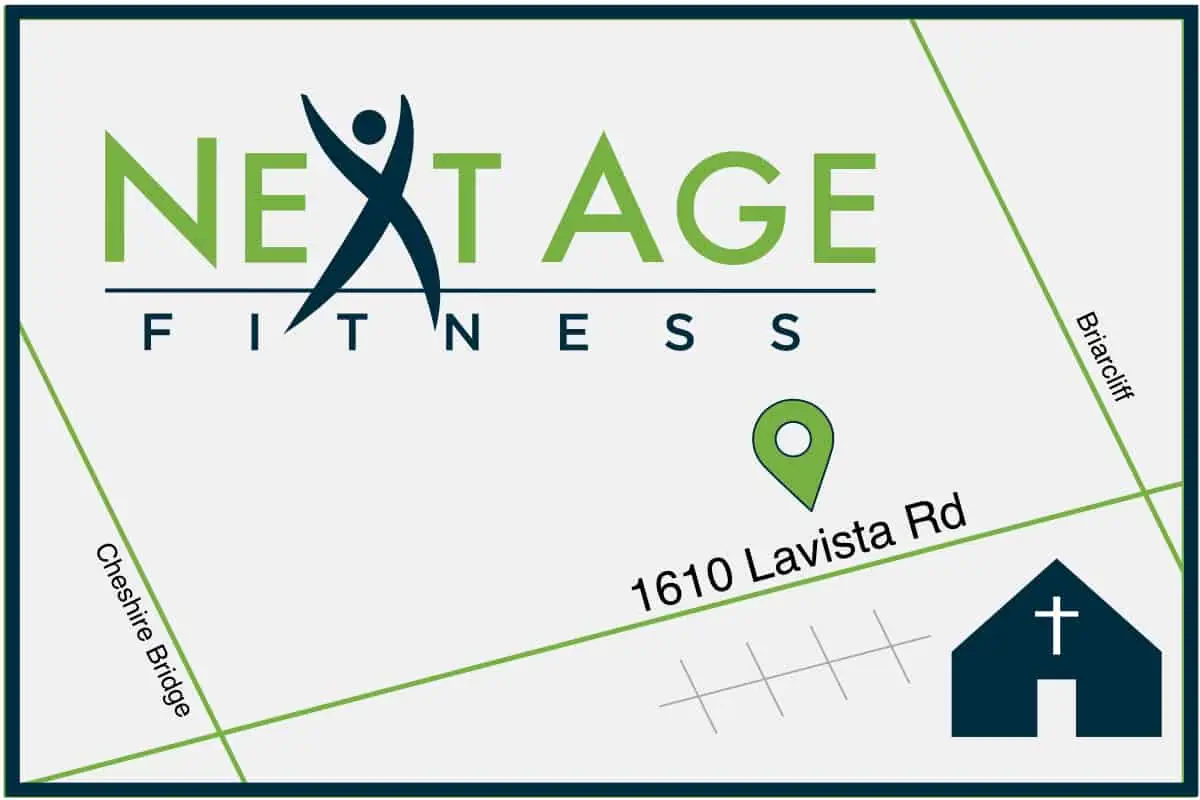Cardiovascular fitness is a key goal for most exercise programs. Activities like jogging, biking, and gym workouts are popular choices, with resistance training traditionally considered less effective for heart health. However, the latest research shows resistance training may be a better option for cardiovascular and overall metabolic conditioning.
A pivotal 2012 meta-analysis1 in the Journal of Exercise Physiology revealed that resistance training offers the same, if not better, cardiovascular benefits as traditional aerobic exercises. These benefits include improved muscle endurance and vascular remodeling, enhanced mitochondrial activity, and a shift towards more efficient muscle fiber types.
One key insight is that cardiovascular adaptations depend on the intensity of muscle contractions – and high-intensity exercises, like resistance training, are more effective in boosting VO2max – a crucial measure of cardiovascular fitness. In fact, in terms of cardio benefits, short bouts of intense exercise can rival longer, moderate activities. Six minutes of high-intensity training may be as effective for heart health as an hour of moderate exercise.
Other research has shown that less than an hour of strength training per week can significantly reduce the risk of heart attacks and strokes by 40 to 70 percent. In comparison to traditional “cardio” workouts, strength training offers time-efficient cardiovascular benefits and promotes heart health.
Dr. Doug McGuff, in his article “Cardiovascular Adaptations2,” emphasizes the superiority of resistance training for heart health. He argues that resistance training enhances blood flow to the heart and is especially beneficial for those with coronary artery disease. Other studies corroborate this, showing resistance exercise’s positive impact on patients with congestive heart failure and hypertension.
The most effective way to stimulate the cardiovascular system is through demanding muscle work such as ARX (Adaptive Resistance Exercise). ARX allows users to exert maximum effort consistently, providing the greatest possible stimulus for cardiovascular improvement. The technology behind ARX adapts to the user’s effort, offering unmatched safety and measurable progress.
If heart health is your goal, then maximizing muscle stimulation is key. ARX provides a safe, effective, and time-efficient way to achieve this and is an excellent tool for cardiovascular conditioning. The bottom line is clear: for optimal heart health, integrating resistance training, especially with technologies like ARX, is not just beneficial, but perhaps essential.



